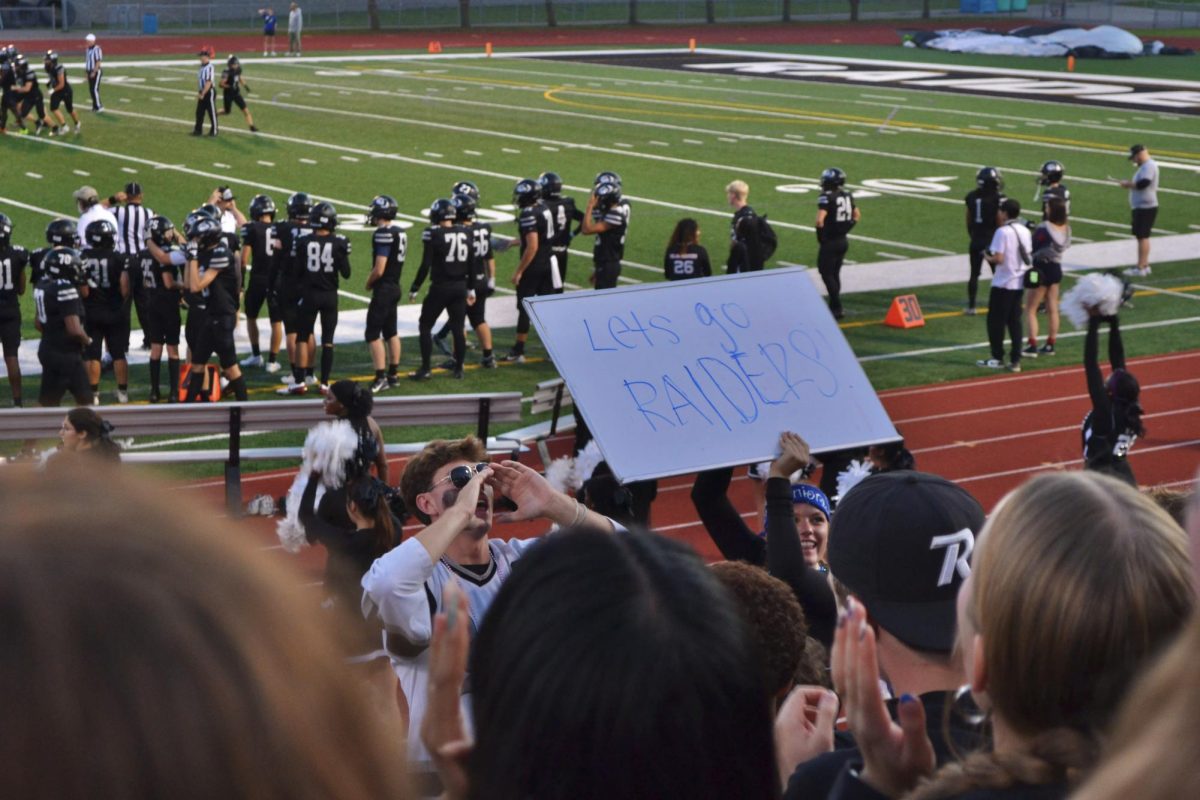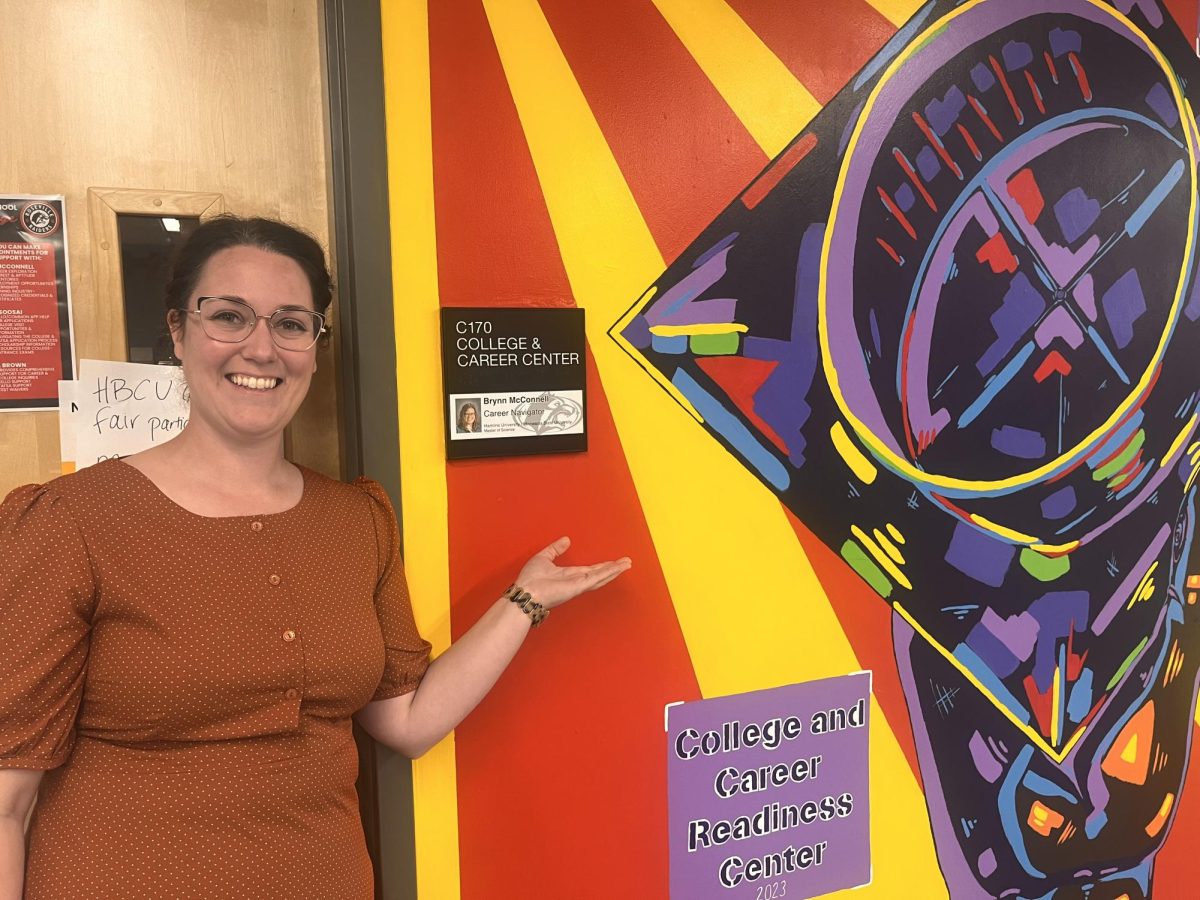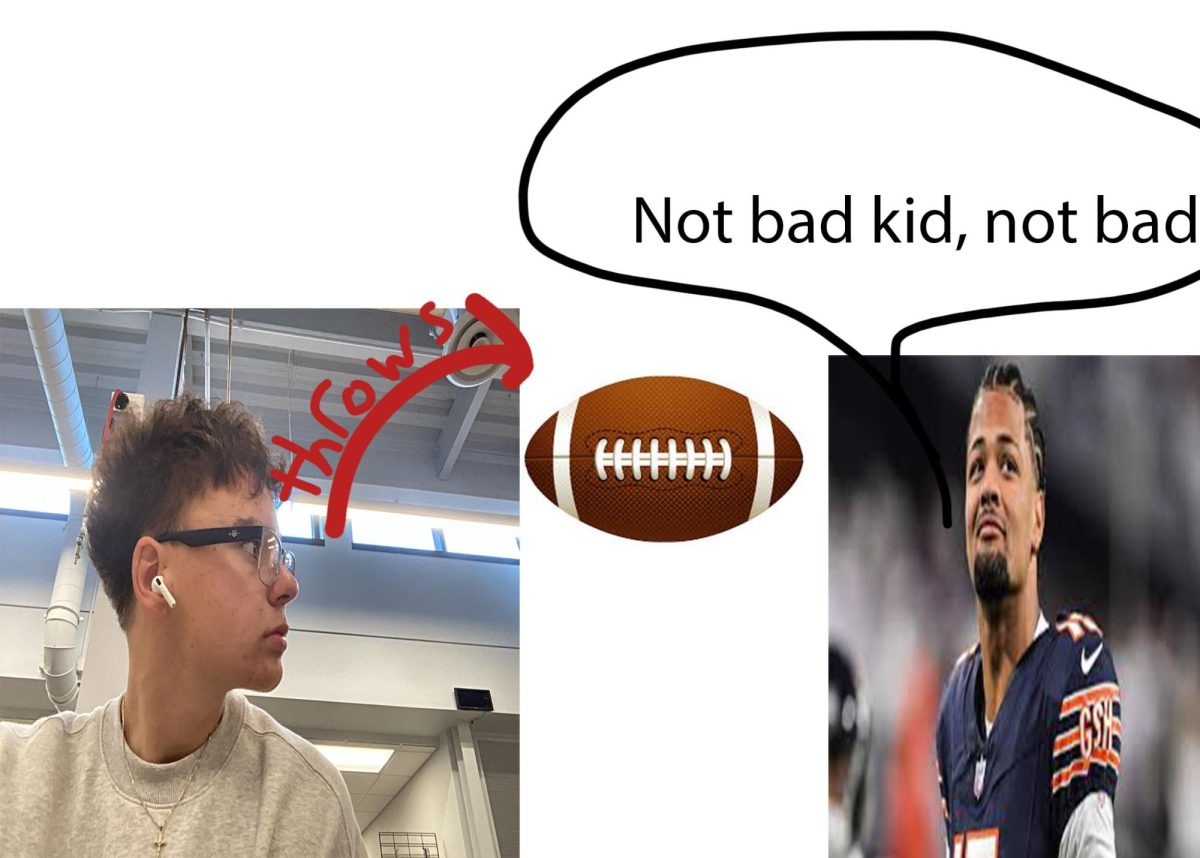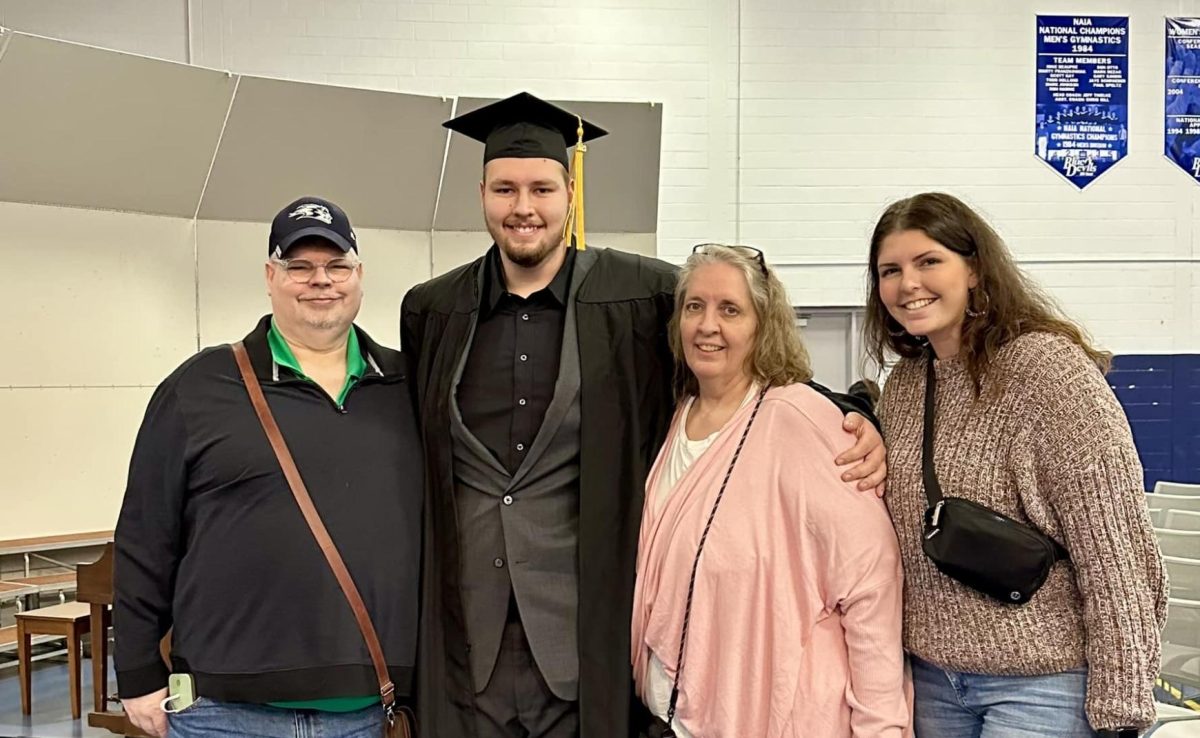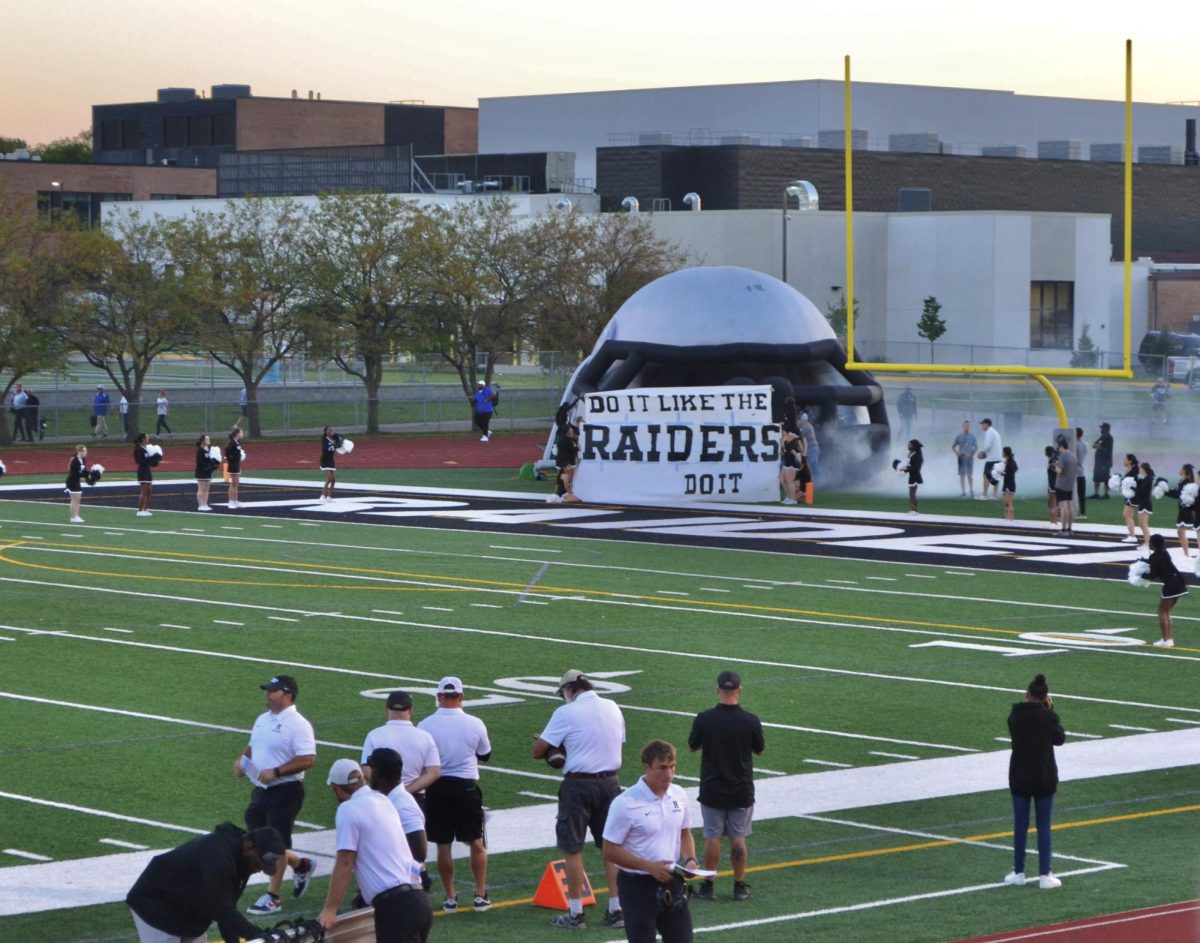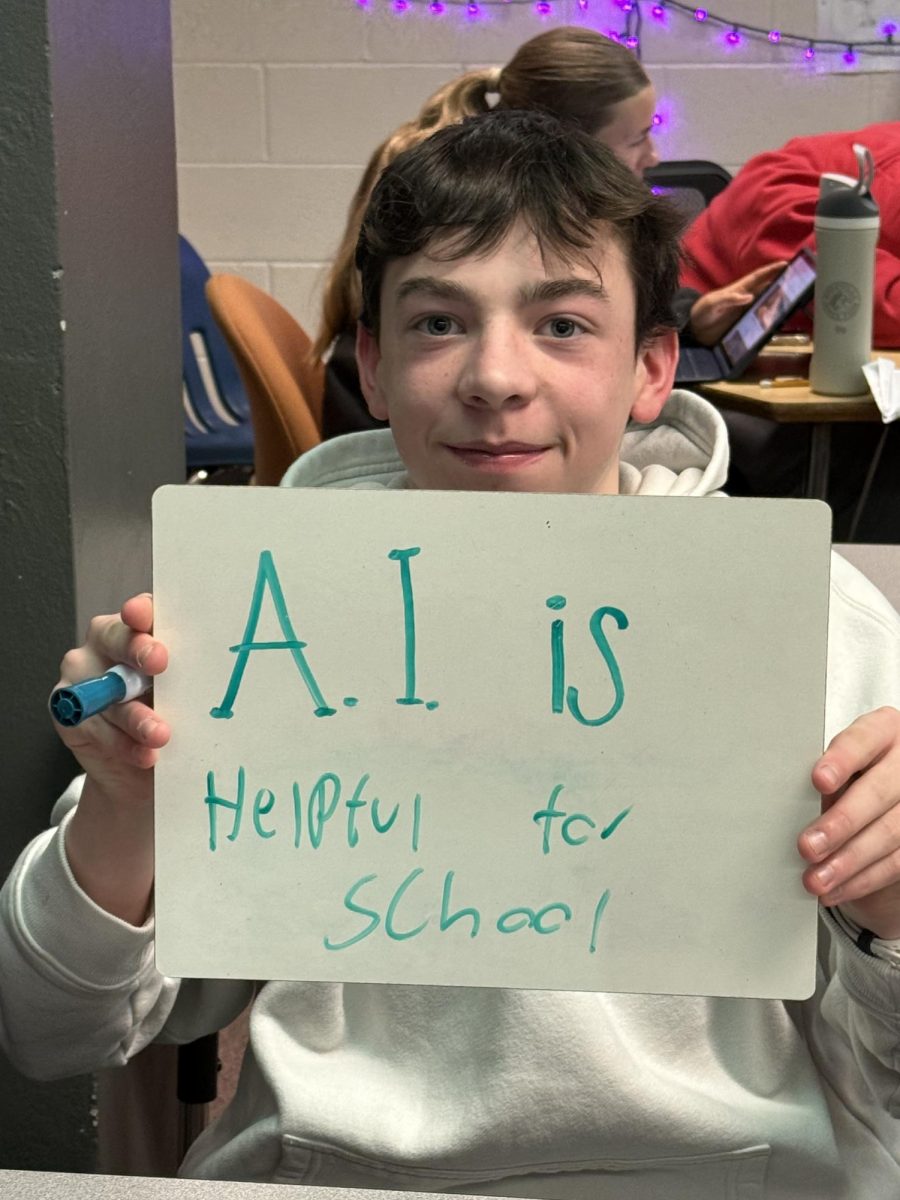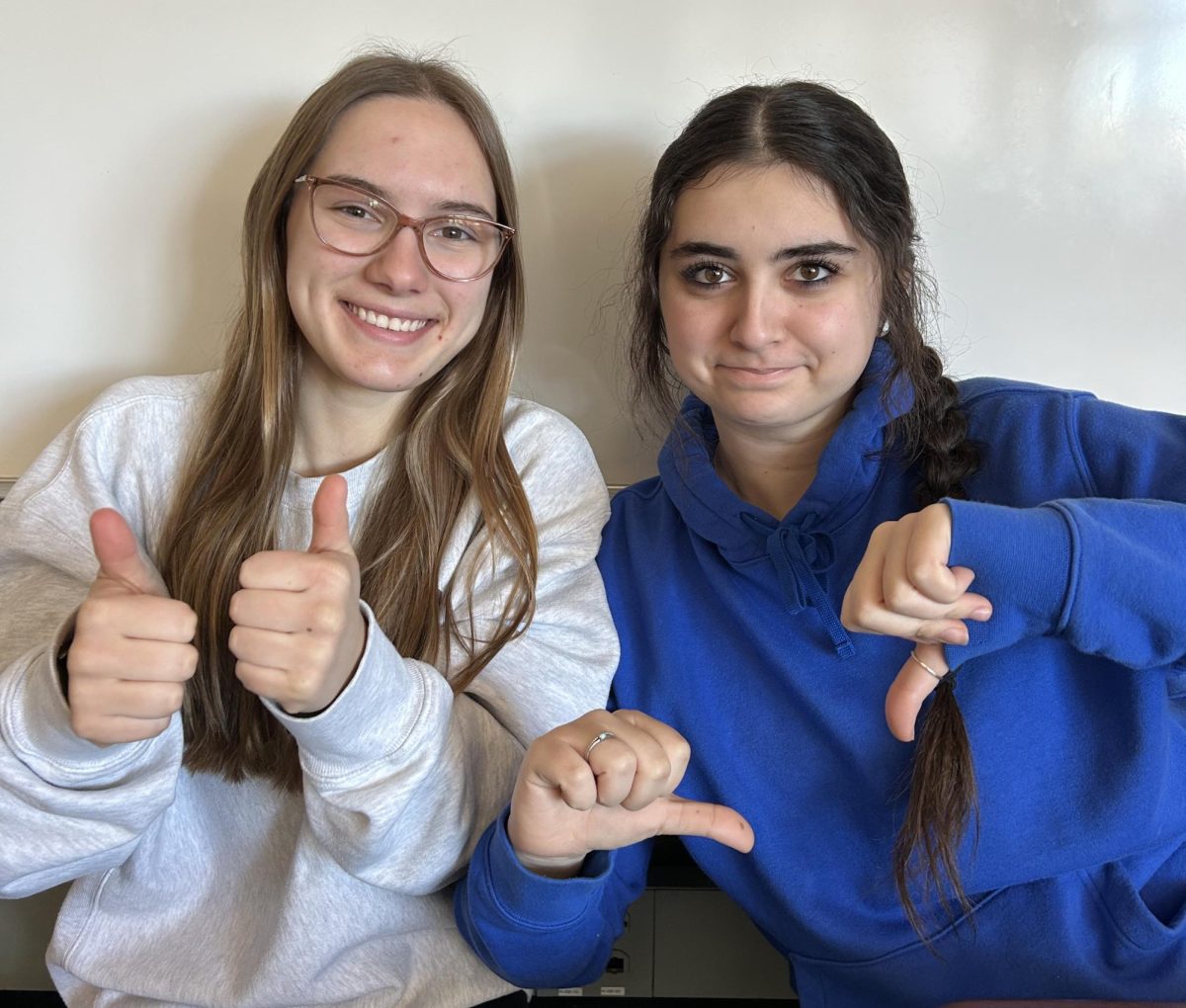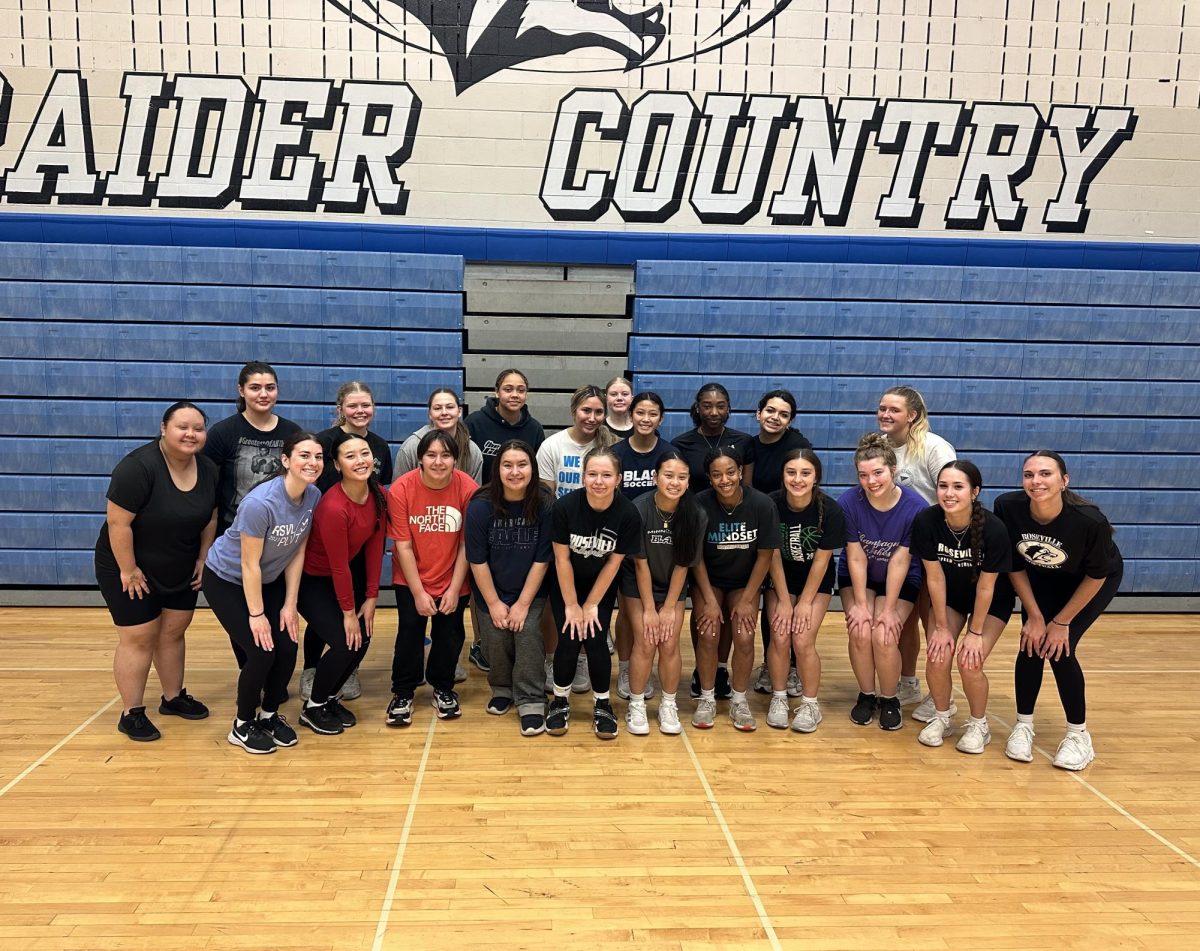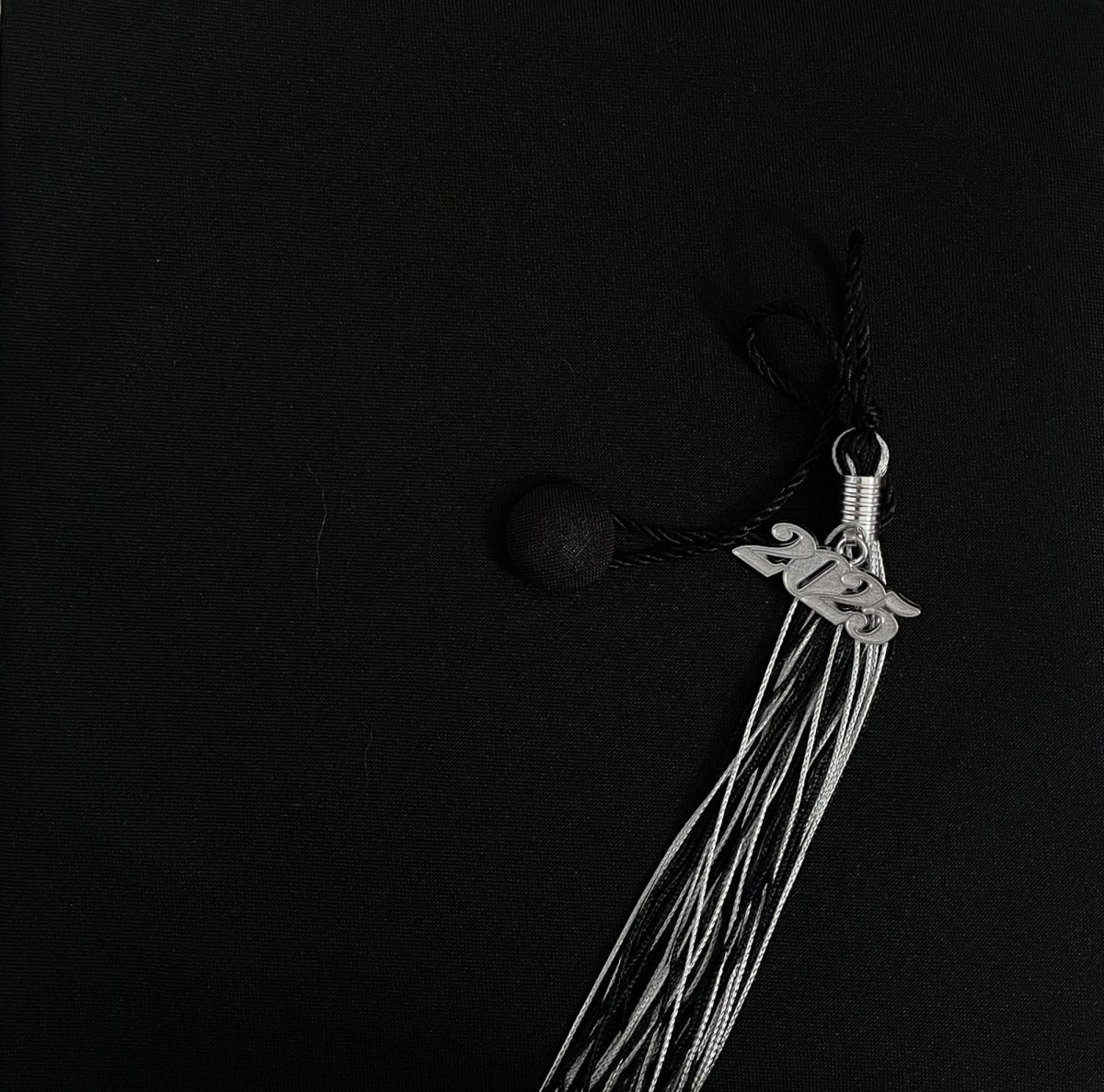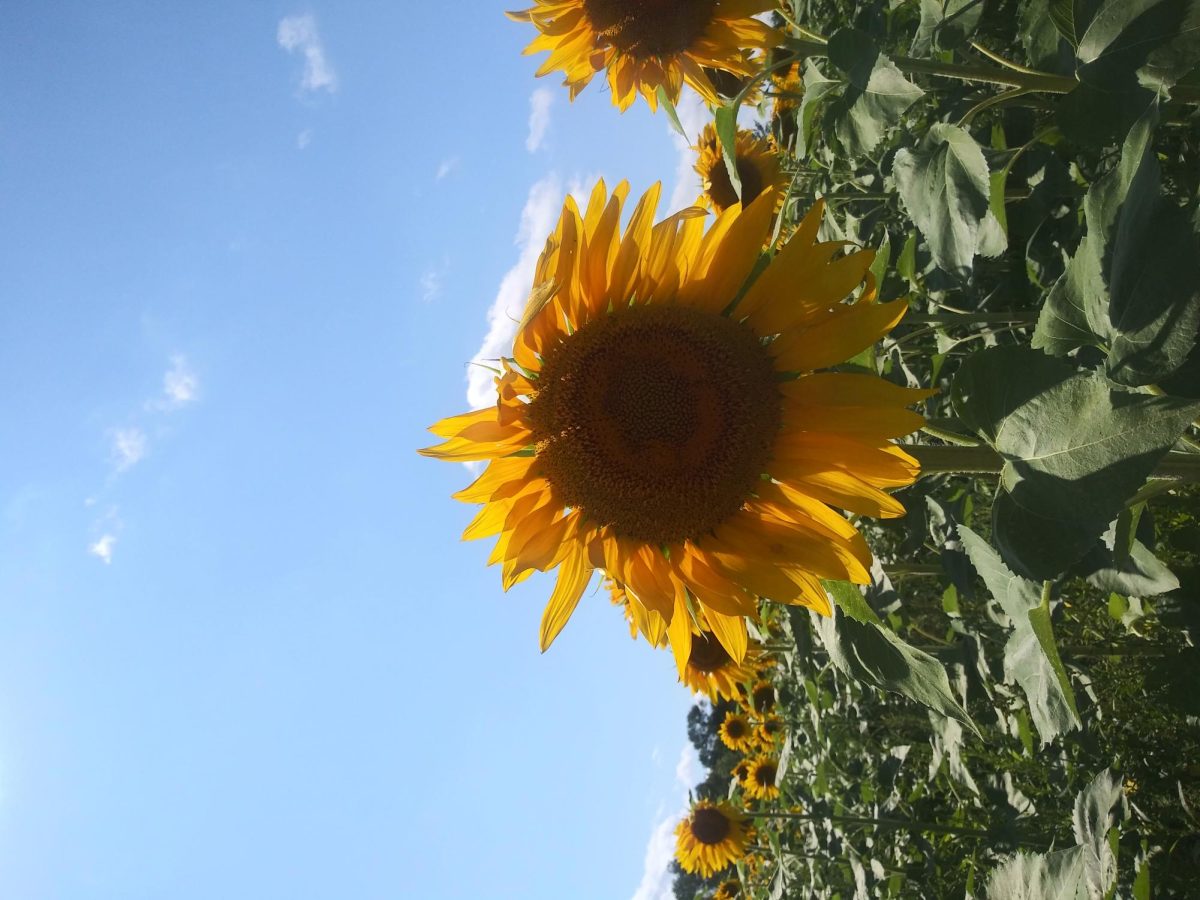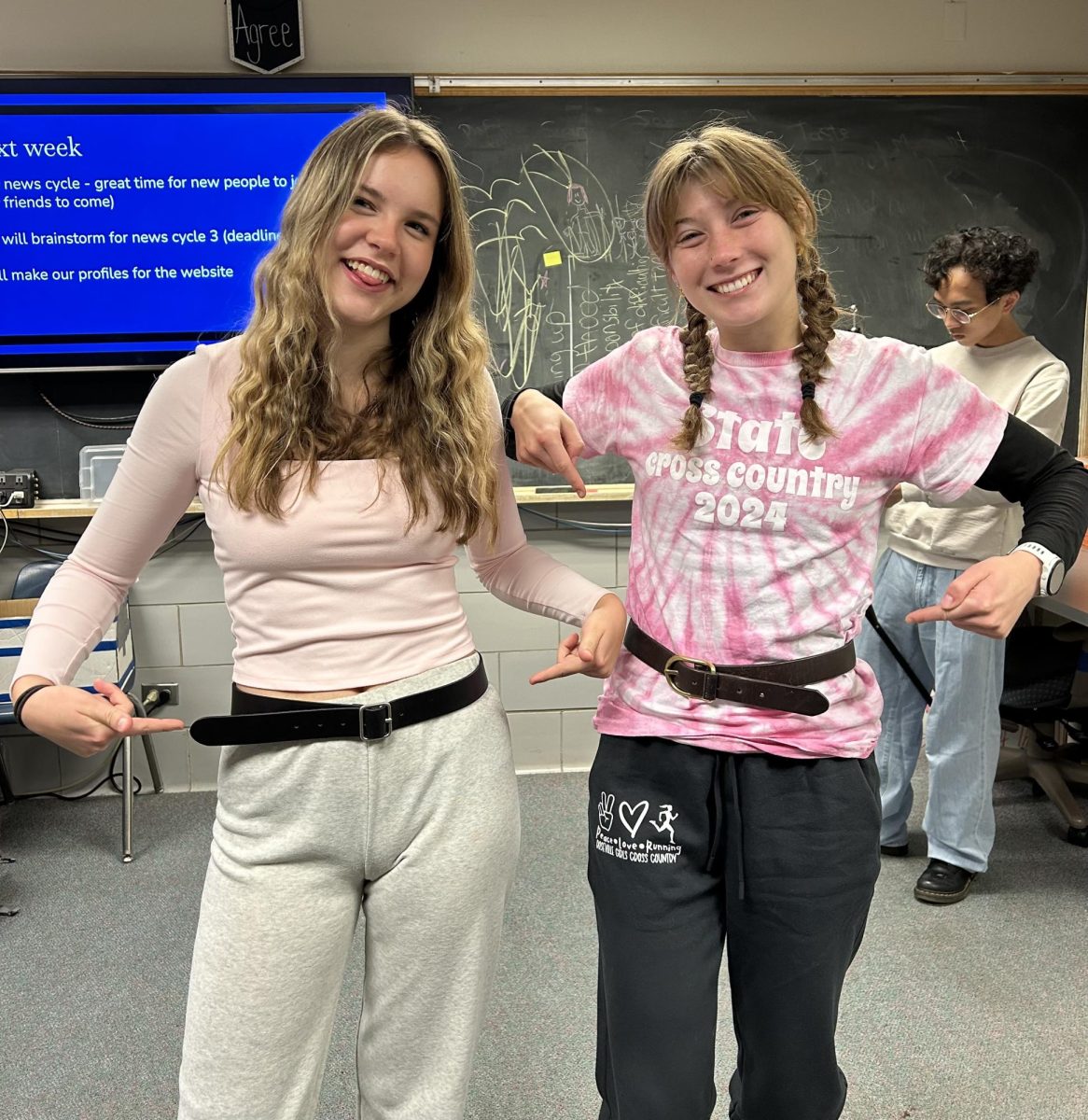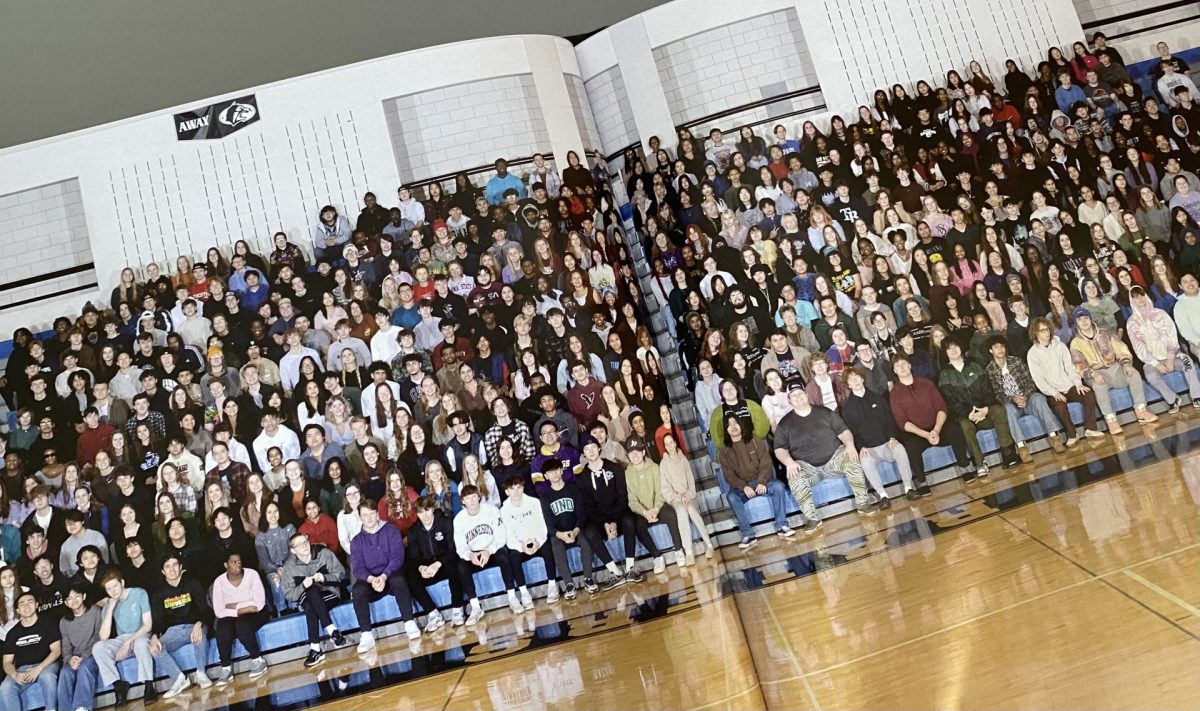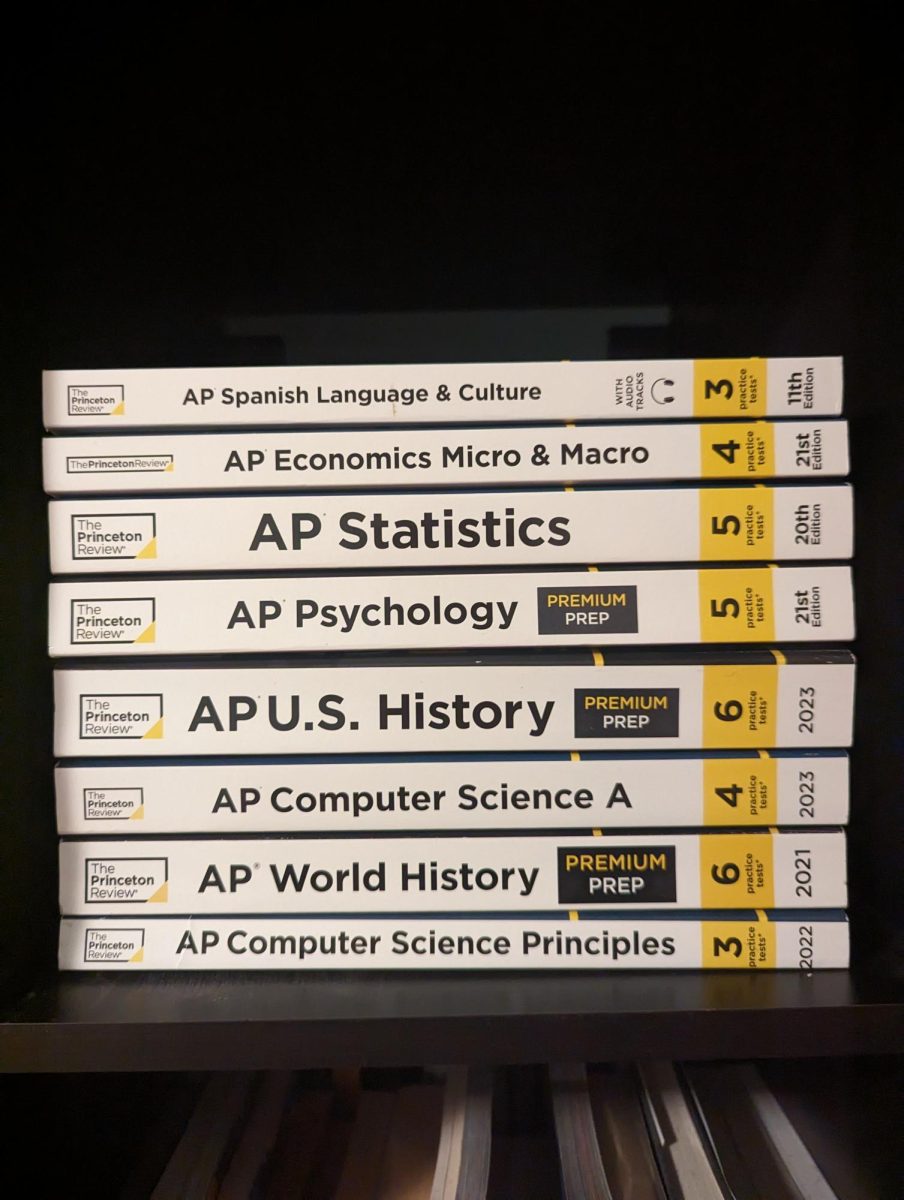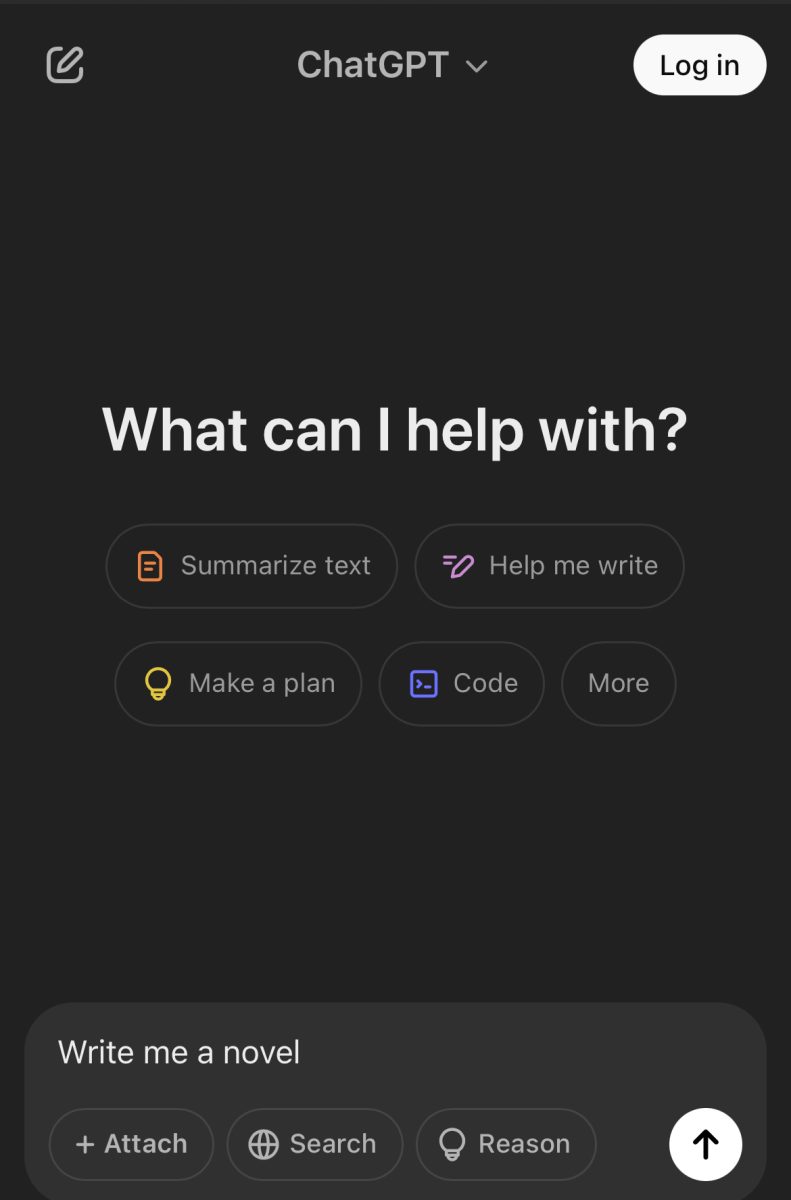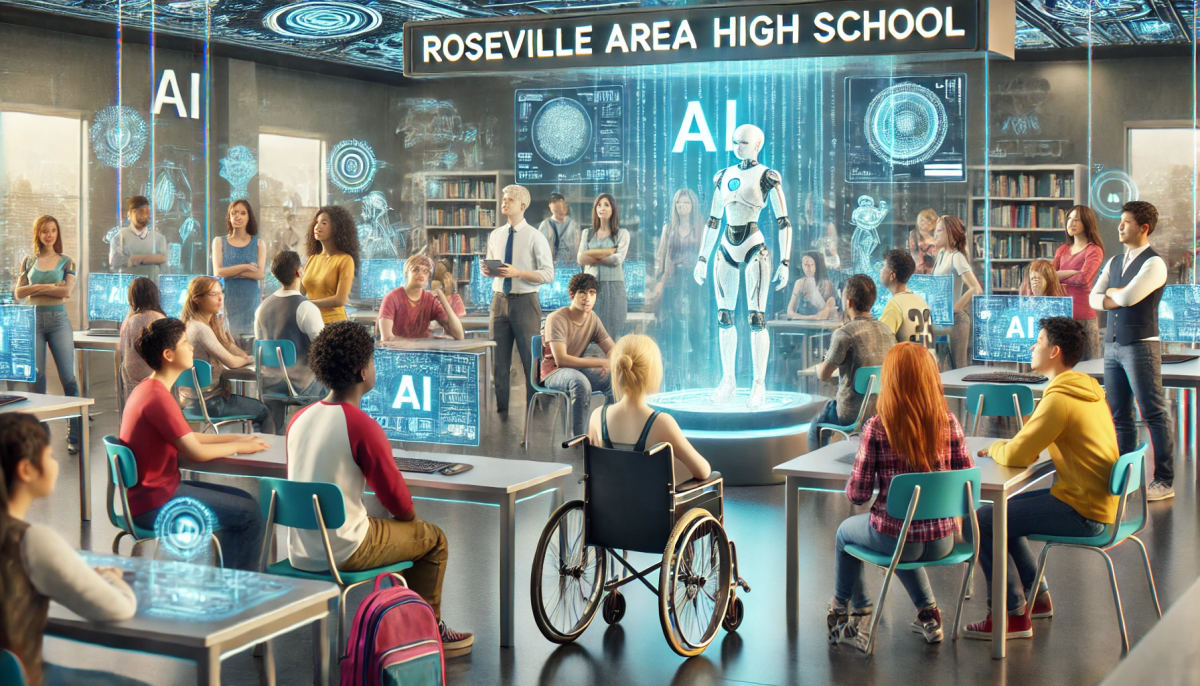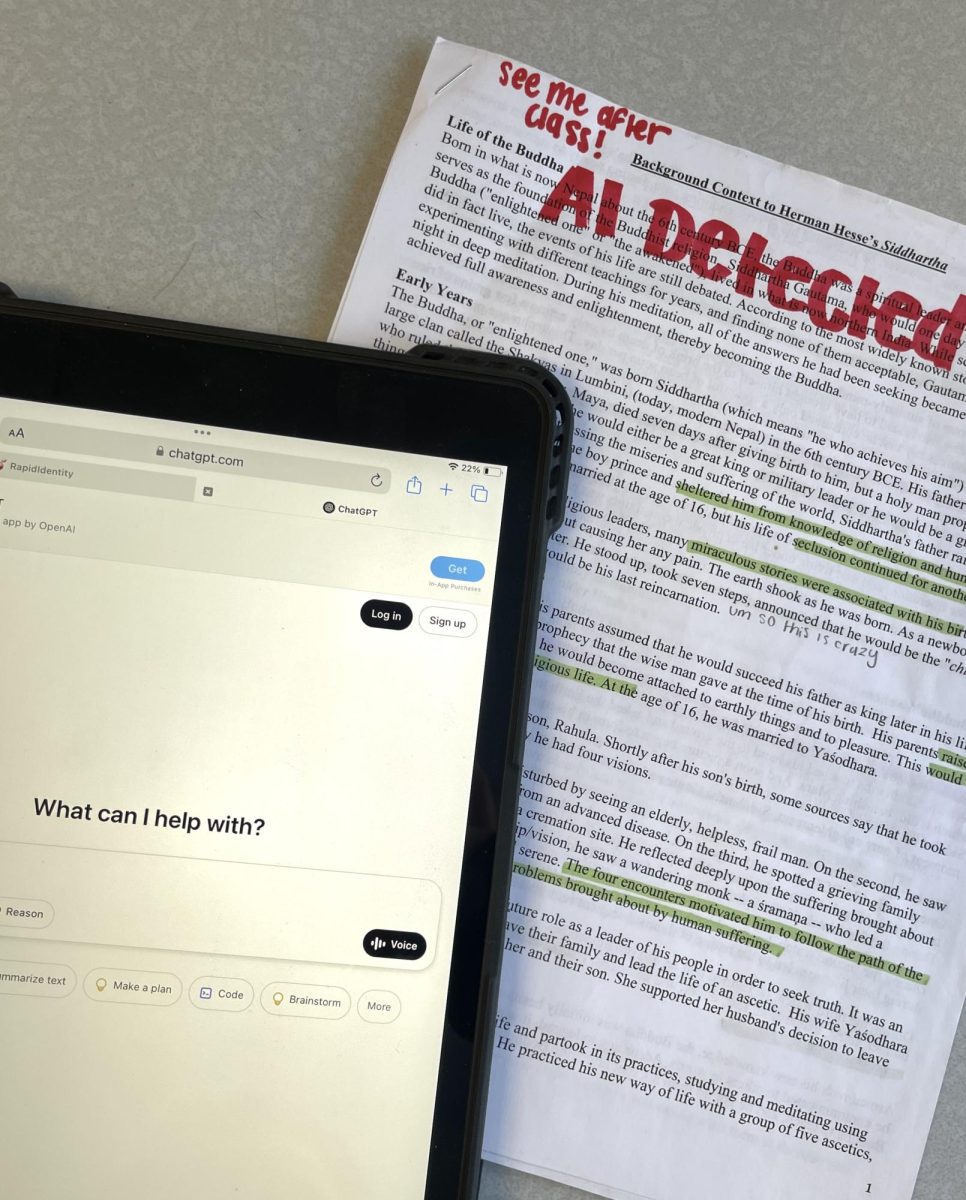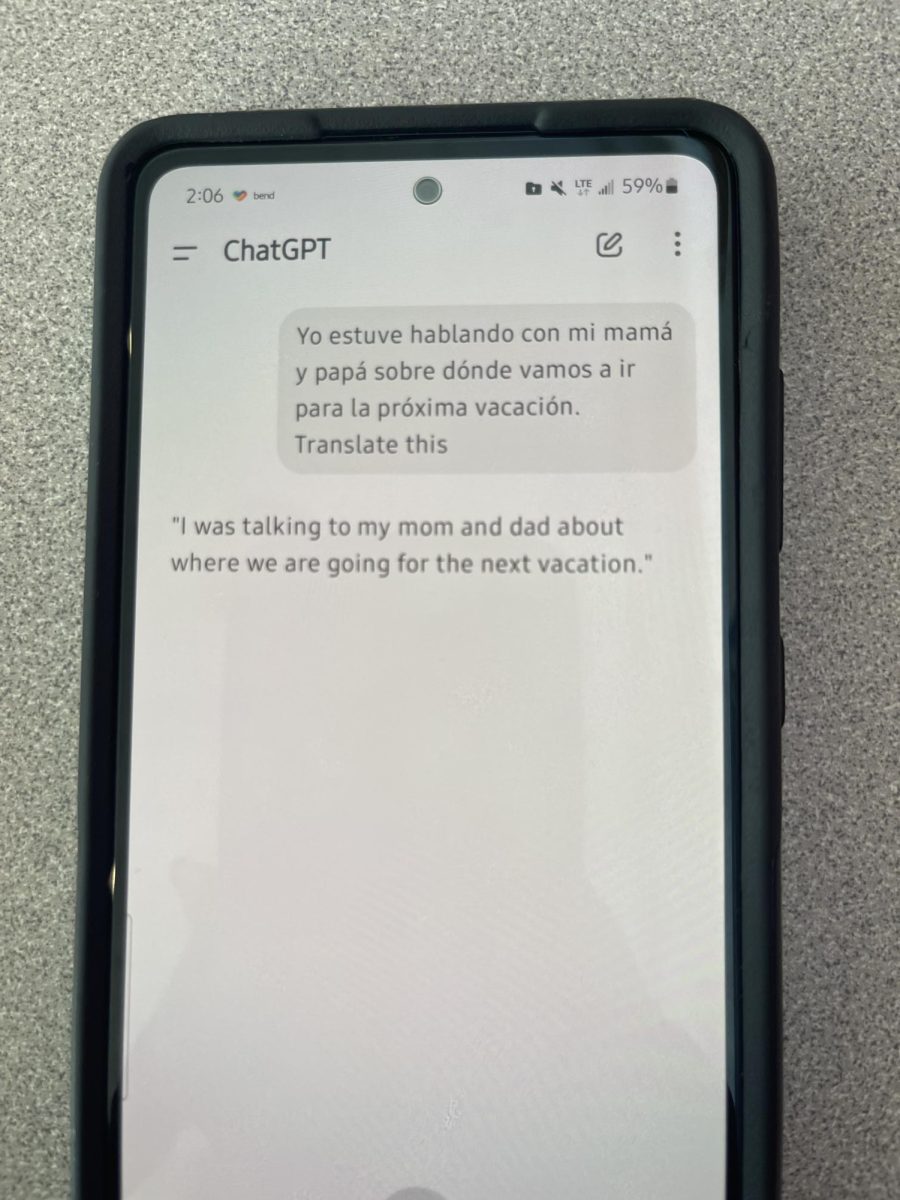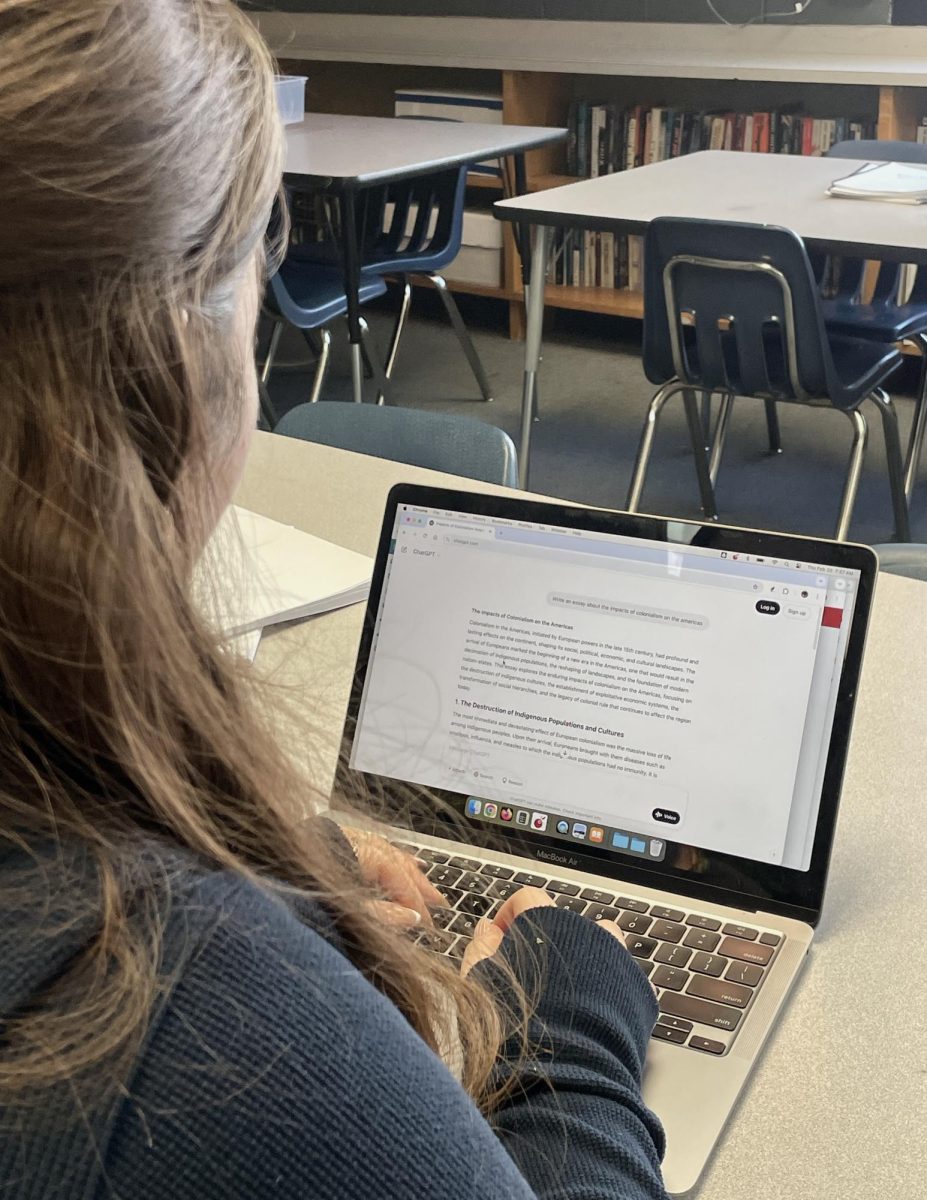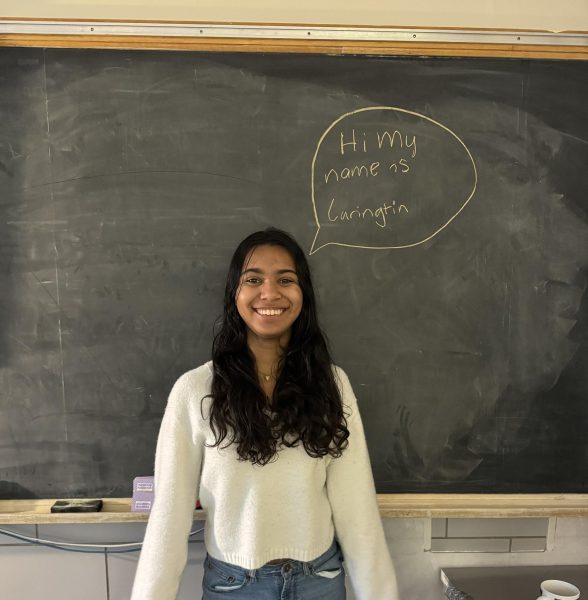In recent years, artificial intelligence has made its way into the world of literature, with AI systems being used to write books, stories, and even poetry. These AI-generated works raise intriguing questions about creativity, authorship, and the future of writing.
AI systems work by analyzing patterns in language, structure, and narrative to produce content that mimics the style of human writers. Tools like OpenAI’s GPT-3 and GPT-4 have made it possible to write coherent and small amounts of captivating pieces of fiction.
AI is now able to write in various languages and genres, creating stories that seem as if they were written by a human author.
Artificial intelligence has been used to write books, including 1 the Road (2017), The Serious: A Proven Divorce (2019), and children’s bedtime stories. Publishers also use A.I. to assist with book covers and pricing.
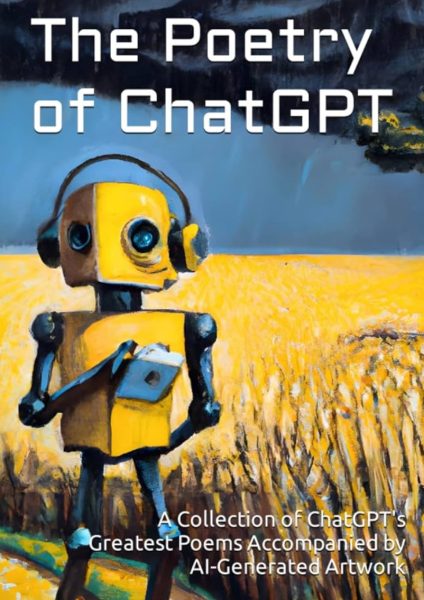
This sparks debate about the role of human authors in the future of publishing. AI has advanced in areas like engineering and medicine, but will it be acceptable in a field so creative and personal?
Without human creativity will it truly be storytelling?
Some are concerned that the rise of AI could devalue the art of writing and lead to a surge in low-quality content. Others see AI as a tool for inspiration and collaboration, helping writers refine their ideas and overcome creative blocks.
Ninth grader Emilia Calee does not believe A.I. can create imaginative stories in the same way as humans. She said, “[A.I.] lacks the ability to imbue writing with the personal experiences, emotions, and insights that make stories truly resonate. AI could lead to a world where writing becomes devoid of the imagination and realness that only humans can provide.”
Books written by artificial intelligence are not popular for most readers, but things could change. Calee added, “I love reading with my full heart and that fact that now AI is being involved I’m not really optimistic about the future of books”


